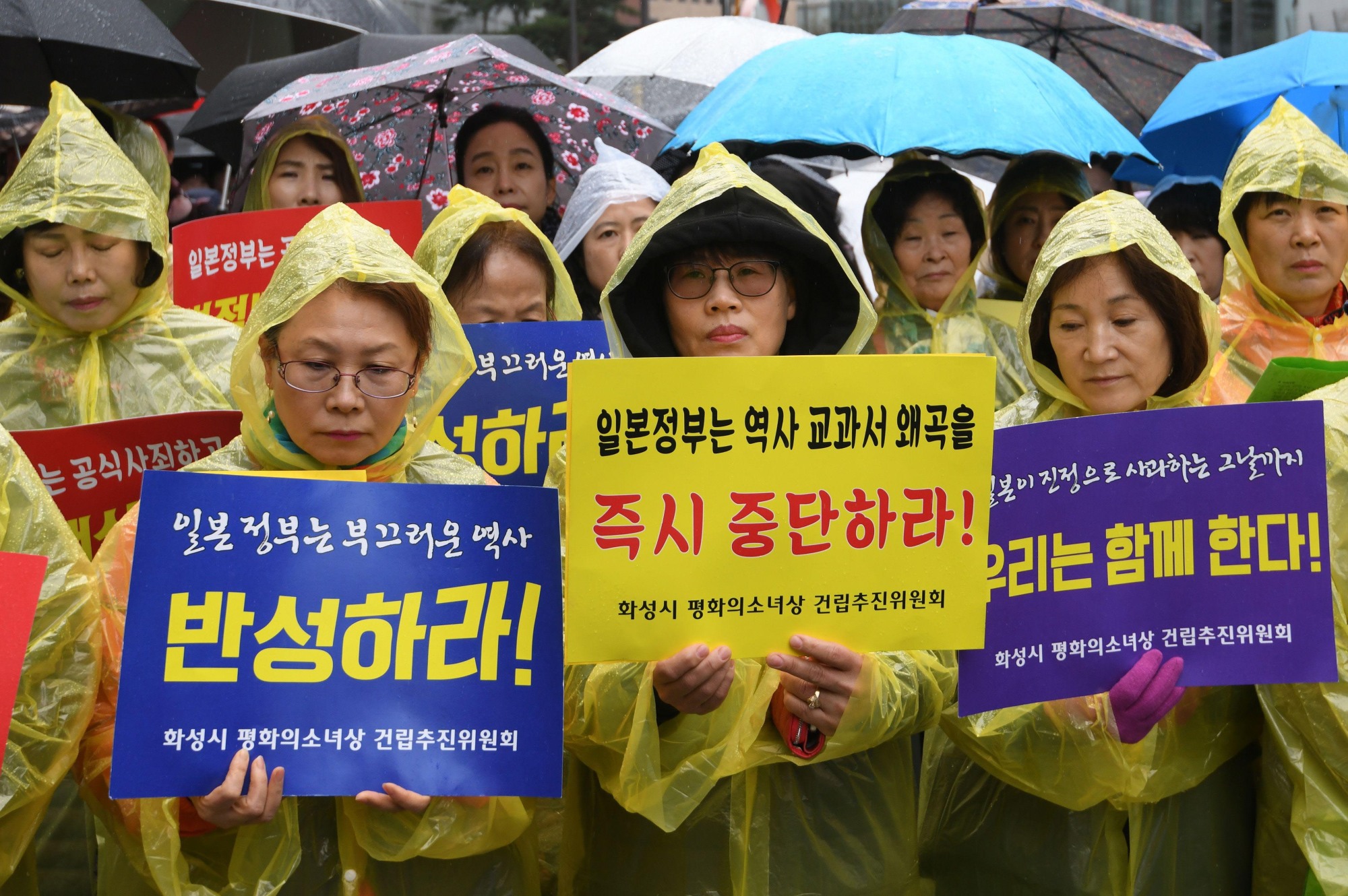Japan-South Korea relations are in crisis. The two countries are at odds over the interpretation of the treaty and agreements that liquidated 35 years of colonial rule and led to the normalization of relations between Japan and South Korea in 1965. In Japan, many people are interpreting this as the unchecked policies of South Korean President Moon Jae-in and his left-leaning administration.
Giving the situation a little more thought, however, makes clear that this crisis is hardly new, nor is it the result of a new South Korean government. In August 2011, the Constitutional Court of Korea criticized South Korea's Ministry of Foreign Affairs and Trade (now the Ministry of Foreign Affairs) for its "nonfeasance" over the "comfort women" issue. In May 2012, the Supreme Court of South Korea recognized the right of ex-conscripted workers to make personal claims. Both of these incidents occurred during the Lee Myung-bak administration.
South Korean President Park Geun-hye, who inherited these judgments, stated in March 2013, immediately after taking office, that "the historic dynamic of one party being a perpetrator and the other party a victim will remain unchanged even once a thousand years have passed." In May the same year, she delivered a speech to the U.S. Congress saying, "It has been said that those who are blind to the past cannot see the future." That June, Park visited China and continued her historical criticism of Japan.


















With your current subscription plan you can comment on stories. However, before writing your first comment, please create a display name in the Profile section of your subscriber account page.